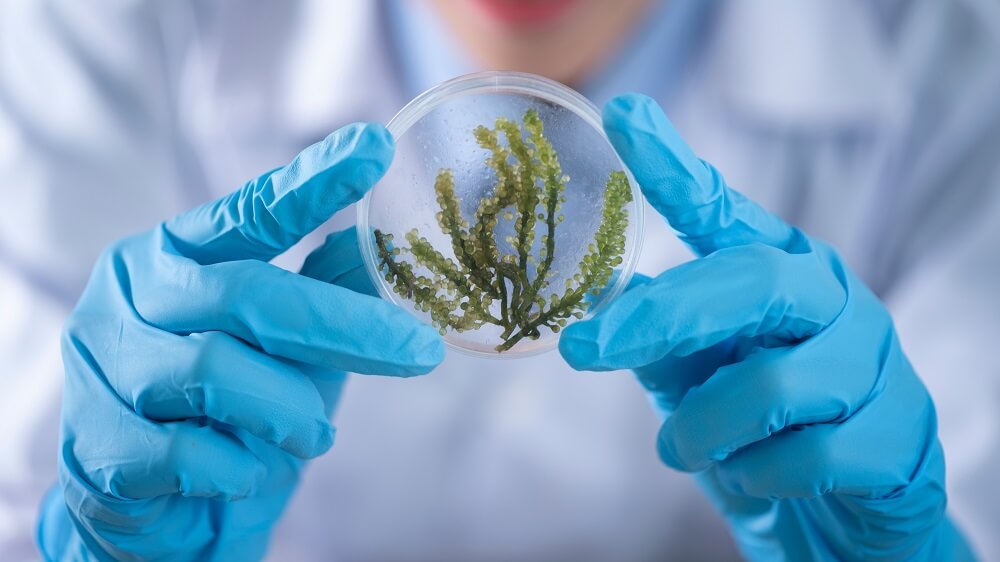Online platform developer Kerafast Inc. and plant-based nonprofit the Good Food Institute (GFI) are partnering to make a catalogue of terrestrial meat and aquatic cell lines. The resources are essential for the sustainable development of lab-grown meat, also known as cultured meat.
Kerafast’s online platform facilitates access to unique, lab-made bioresearch materials. Increasing access to this research could quickly accelerate the development of lab-grown meat products.
In a press release shared on Business Insider, Kerafast discussed the potential impact of its relationship with GFI. The organization aims to empower academic and industry innovators in moving the food industry away from animal agriculture.
“We are excited to begin our partnership with The Good Food Institute,” said Amelia Gibson, the Senior Director of Product Licensing at Kerafast. “The Kerafast mission is to advance scientific research by facilitating access to unique lab-made research tools.”

Why Lab-Grown Meat?
Scientists create cultured meat via the in-vitro cultivation of cells collected from an animal.
Since lab-grown meat is still produced using animal cells, it is not technically vegan. However, it could still provide a low-impact, clean alternative to traditional animal products.
Food and Agriculture Organization of the UN data shows that conventional animal products are resource-intensive. And animal agriculture is responsible for 14.5 percent of global greenhouse gas emissions.
The UN Environment Programme said that meat production is currently “the world’s most urgent problem.” Compared to traditional animal agriculture, cultivated meat is extremely sustainable.
Supporting Scientists
Kerafast has partnered with more than 190 research institutions around the globe. Under the new partnership, scientists will be able to easily access terrestrial meat and aquatic cell lines.
The company will also market the resources and return a percentage of the profits to the developing research institution.
“We’re eager to support the scientists who are developing sustainable meat and seafood,” added Gibson. “By making related cell lines more readily available worldwide.”
“Lack of access to validated cell lines from popular food species is a significant barrier to research progress,” explained The Good Food Institute Senior Scientist Claire Bomkamp. She added that the partnership removes “this barrier, empowering innovators in academia and industry to move us toward a more sustainable and just food system.”


